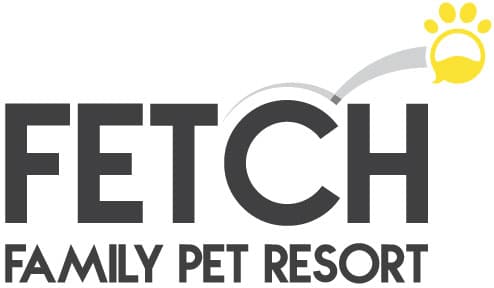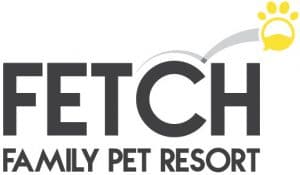
Dog Training Philosophy
Fetch Family Resort Dog Training Philosophy
I have been training dogs for more than fifteen years on a local, State, and Federal level. Some may even consider me to be an expert because of the number of programs I have developed and the success I have had with canines in various stages of – shall we say - rebellion. However, despite my accomplishments, one must keep this in mind, domesticated dogs have been around for almost fifteen thousand years. By domesticated, I mean aggression bred out of wolves so that the dog lived comfortably among humans with the humans as the pack leaders. Wolves, from the genus Caninae, have been around a lot longer – for approximately 3 - 4 million years.
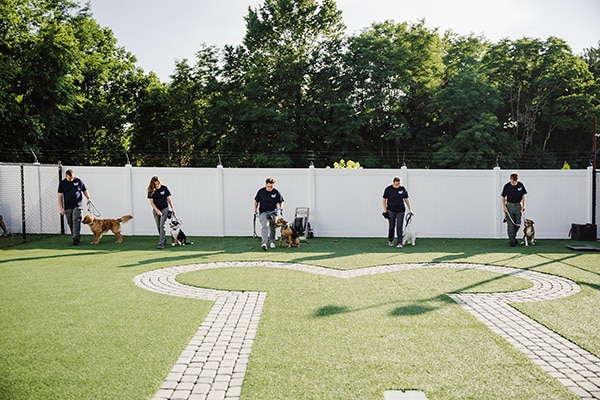
Contact Us To Schedule a Dog Training Evaluation
Fill out the form and we’ll get back to you as soon as possible.

"*" indicates required fields
Dog Behaviors
and Instincts
Dogs, therefore, bring with them instincts that were developed over a rather lengthy period and necessary for their survival. Some instincts are more predominant in certain breeds. Westies and Terriers were bred as hunters of rats and rabbits and will tend to dig more than other breeds while Labradors and Retrievers prefer to carry things in their mouths because they were bred to carry hunted prey without damaging it. Shepherding dogs tend to bite playfully all the time because it’s how they control the herd.
Some of the more common instinctual behaviors one will see include digging, barking, biting, butt sniffing, burying things, carrying things, rolling in gross things, and chasing other animals.
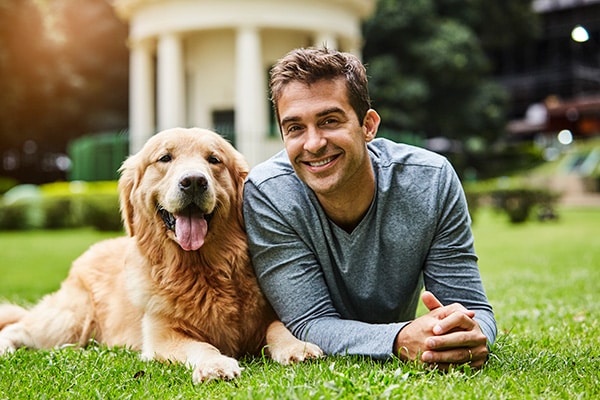
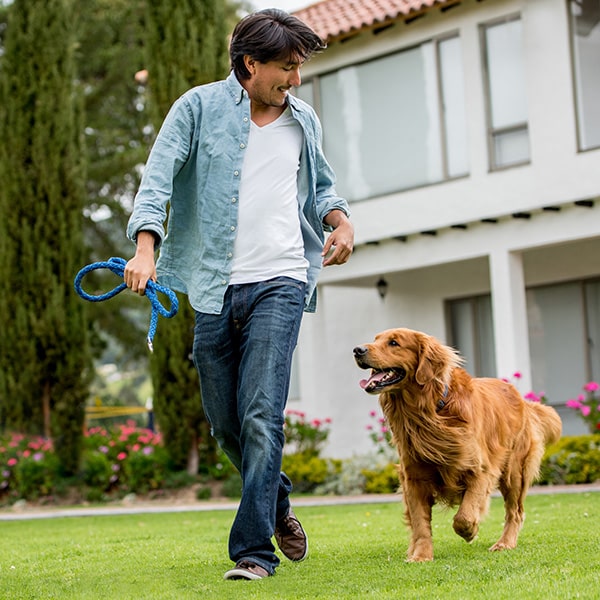
When a dog buries a toy or a bone, it is their way of saying this belongs to me. It goes back when dogs were wild, and they had to bury their food so no other animal would come along and steal it before they were ready to eat it. When a dog sniffs another dog’s or human’s butt, it’s their way of assessing diet, gender, emotional state, and more. When a dog rolls in something gross – like another animal’s feces or another dead animal – it’s their instinctual way of disguising their own odor. By camouflaging their own scent with something else, it makes them a more effective hunter.
Another instinctual behavior in dogs is how and where they walk when out with you on a stroll. In the wild, dogs naturally gravitate to one of three spots: the front, where they guide the way and handle the danger, the back where they follow and warn of dangers from the rear; or the middle, where they relay messages from the front to the back. Humans should always be the pack leaders, which means you lead, and your dog follows.
Contact Us To Schedule a Dog Training Evaluation
A dog’s behavior is influenced by certain basic instincts which one should be aware of to understand your dog. Some of them have been lessoned by the protected life led by modern pets. The dog, as a species, seems to be undergoing an important period in evolution since never in history have so many of them been bred exclusively as pets.
The instinct for survival is common to all living creatures – including dogs. No acquired behavior pattern is strong enough to dominate this powerful drive. When it is aroused, the only effective means of controlling it is constraint. Along with this instinct, is the instinct for procreation, or mating instinct. It is normally very strong; although it varies for health reasons, hormonal balance, opportunity, and even psychological inhibitions.

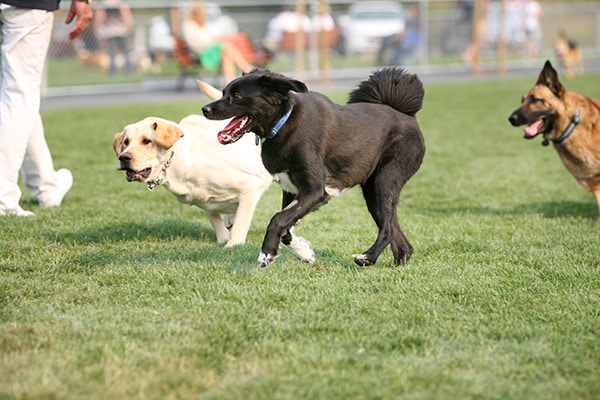
Need for companionship is an instinct common to both dog and man. Many canine personality disturbances have no other cause than the solitary confinement imposed on them by man. Studies show that the critical period when a puppy forms his primary attachment to humans is between the ages of 3 and 10 weeks. If he is “imprinted” by sufficient pleasurable human connections during this time, he is apt to remain attached to humans. If he is confined in a kennel with only other dogs and deprived of human contact, he will prefer animal contact over humans.
Like human beings, dogs are vulnerable to mob psychology. The pack instinct is a more accurate term because it usually brings out the worst side of their nature. It may take no more than one other dog for this psychological phenomenon to occur. Most dogs want to pleasure their owner. However, once they become a member of a pack, their old instincts take over and the owner is forgotten. It is very important never to let your dog run loose where he can get into bad company.
Contact Us To Schedule a Dog Training Evaluation
Dogs have always retained the instinctive need for a pack leader. This need is the role we play in our pet’s life. Dogs with whom this instinct is strongest are the most trainable. They are the ones that follow you around as puppies, who never want to leave your side as adults, who listen to you, study your facial expressions, and enjoy contact with you. They seek the approval of their pack leader and will do for free what other dogs need to be bribed to do.
Most owners provide protection, food, and shelter as do wildlife pack leaders, but you one must also teach leadership, enforce discipline, and maintain their prestige and authority. Psychological superiority is more important that in physical size or strength. Moreover, the modern dog’s dependence on his owner is as much emotional as it is physical.
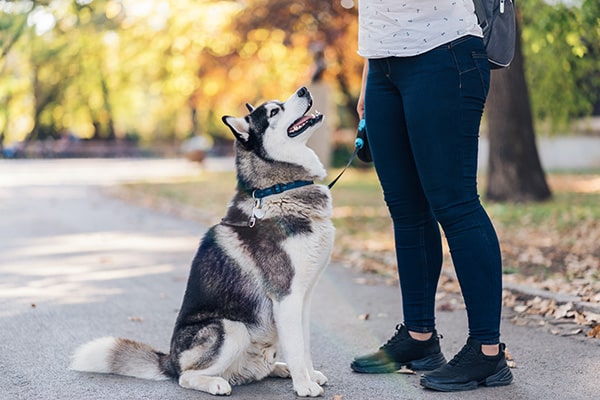

One must be reasonable and fair to avoid offending a dog’s sense of justice. One must not think it is a kindness to let your dog always have his way. In their wild state, dogs instinctively seek and accept leadership as well as a strict social code. In fact, discipline and obedience are probably more natural to them than indulgence, which they have experienced only as modern pets.
Territorial instinct has a profound influence on a dog’s behavior. It is related to the survival instinct and is therefore powerful and vital to a dog’s existence. Puppies display their sense of territory by annexing a certain corner of the nest, a bed, cushion, or chair as their personal domain. Their territory grows bigger into adulthood when they transfer their territorial instinct to their owner’s home, and their pack instinct to their human family.
Contact Us To Schedule a Dog Training Evaluation
Dogs respect man made boundaries such as fences, walls, and gates, but they also establish markers of their own. They mark with urine, revisit regularly, and refresh as necessary. Domesticated dogs are respectful of their neighbor’s territory as they are jealous of their own, and seldom engage in territorial warfare. In the animal world, an intruder is always psychologically inferior to an individual who is on his home territory. Under these conditions, a tiny terrier can chase away a Great Dane.
Dogs are most aggressive on their own territory, most submissive on another dog’s territory, and most sociable on neutral ground. An old family dog will make friends more easily with a new puppy if the two are introduced on neutral ground before the newcomers are taken home. The territorial instinct varies in intensity and quality from one breed and individual to another. Dogs may accept with tolerance, and sometimes even welcome, intrusions by innocent infants, unthreatening inferiors, and attractive members of the opposite sex.
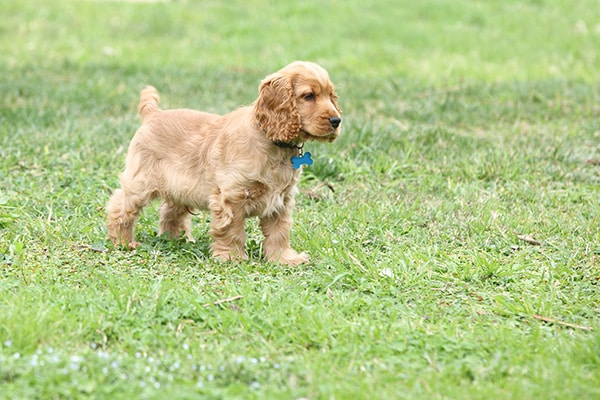
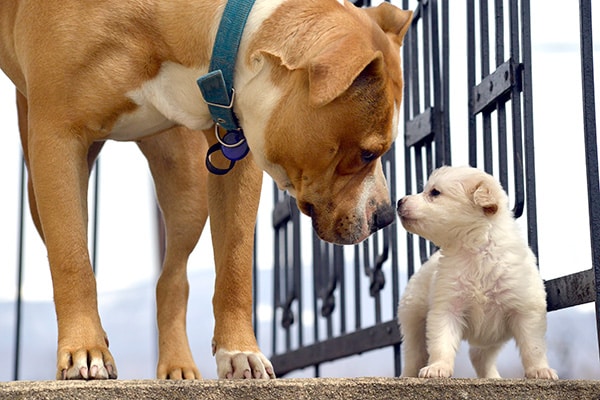
When one seeks to train their dog, it is to improve the bond between dog and pet owner/care giver, and it is to also maximize the safety of your dog, other animals, and other humans. It is best to enter training with the full understanding that you cannot train the instincts out of a dog. Instincts are genetic behavior and are passed down through generations. They are behaviors which just happen because the dog does them naturally. So, we must recognize that we cannot change these instincts, but awareness of these instincts and in which breeds certain instincts are strongest allows for the development of the best training plan.
The program at Fetch is unique in that it is not a one size fits all, cookie cutter approach. Many training programs have a base level of material to get through and the same amount of time and training technique is applied to a Bichon that is applied to Husky. Knowing the dog’s strongest instincts is of benefit when considering training techniques. We recognize that not all dogs are pure breds, but physical appearance, discussions with the pet owner/caregiver, and our initial evaluation will get us moving in the right direction.
Contact Us To Schedule a Dog Training Evaluation
Another unique and custom feature of the training program at Fetch is the development of “Universal Command Recognition.” Most training programs have one, perhaps two people train with the dog once a week or so over a prescribed period. The dog learns and responds to a few commands during the training program. It’s beneficial in the short term and pet owner/caregiver are happier, but what happens when your friend, neighbor, or pet sitter issues the same command? Chances are your dog will not respond because they were taught to respond to one, or two people.
At Fetch, we know it’s a big decision to enter a training program. Perhaps it’s a desire to improve one’s bond with their furry family member; perhaps it’s for safety in the home and in the community; or perhaps it’s a reaction to bad behavior that’s straining your household. Many times, training is a last-ditch measure before trying to re-home a dog. Regardless of the impetus, one should expect a thorough evaluation of your dog, your dog’s response to verbal and physical stimuli, and observations of how you and your dog interact. While each situation involves a human and a canine, each situation is indeed unique. If you aren’t feeling this level of inspection during our evaluation, then we are doing something wrong.
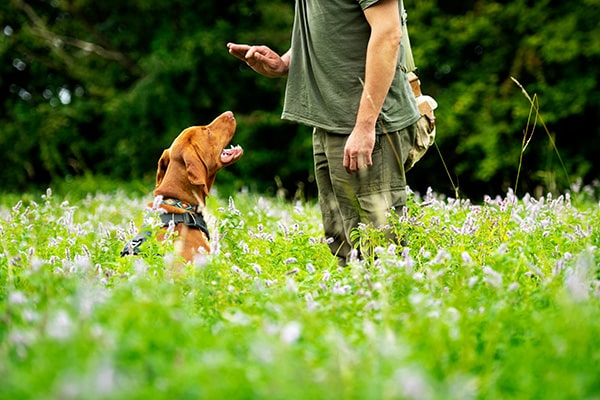
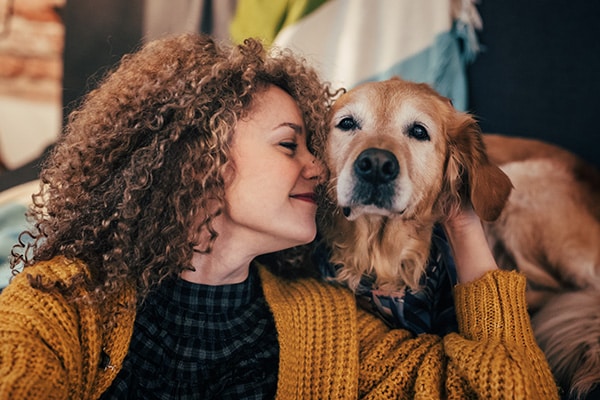
There is no “after training” phase. It’s akin to being a parent – the parenting is never over. My kids are almost adults and still they need to be reminded to clean their rooms and take their dishes to the sink almost daily. Your dog will need constant reinforcement as well, but this is also a form of parenting. What you can expect is a tighter bond between you and your pet, a safer environment in your home and in your community in the sense that you will be able to control your dog better, and most importantly a firm understanding of your dog’s natural instincts and how they affect his or her behavior. It’s a commitment to the relationship, but I can attest to this – once you have undergone a training program like we have at Fetch, you will never raise an untrained dog again.
